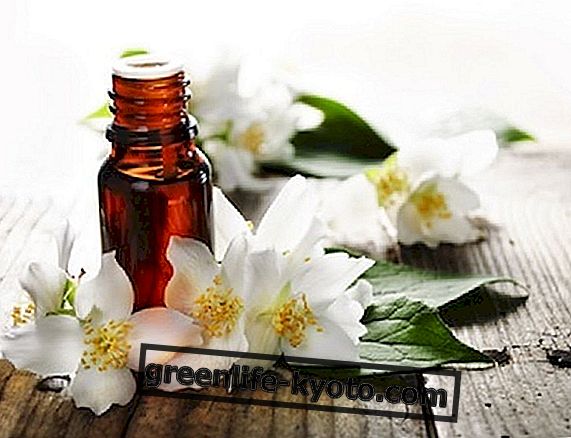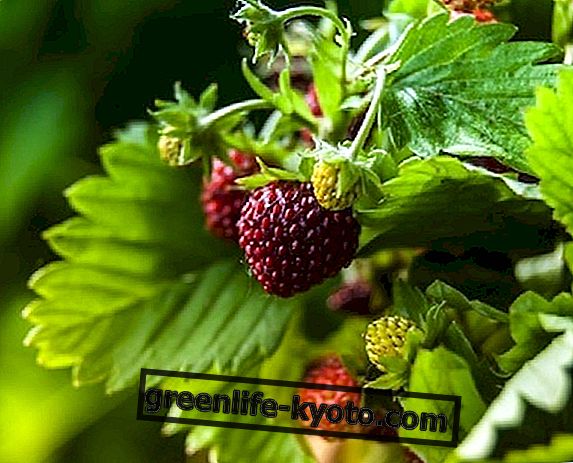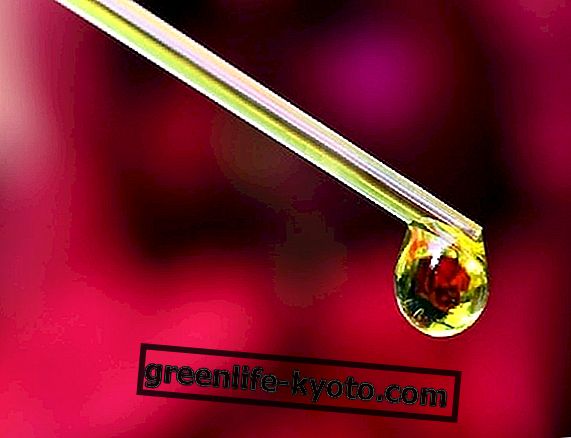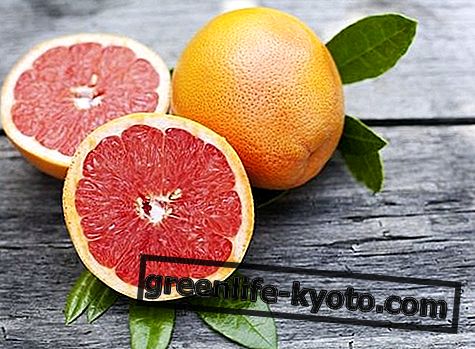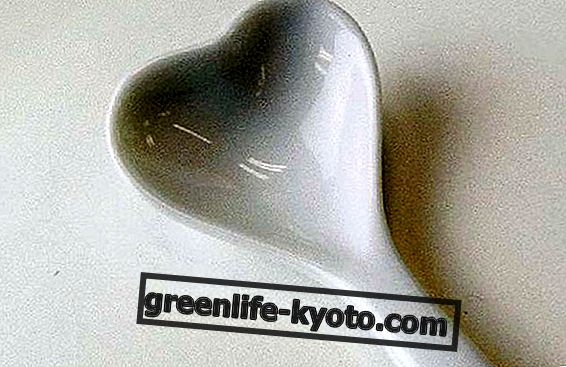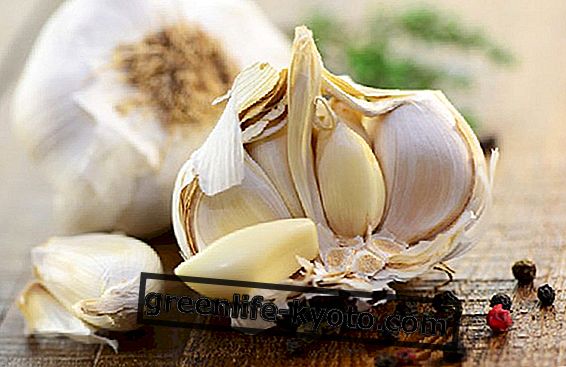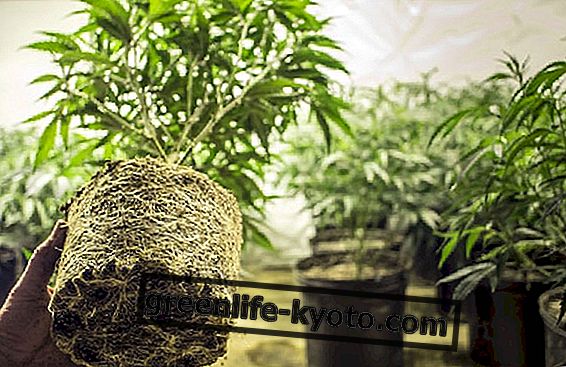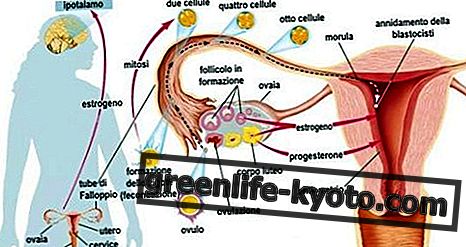The essential oil of cloves is obtained from Eugenia Caryophillata, a plant of the Mirtaceae family . Known for its many properties, it is antiseptic, antiviral, analgesic and antispasmodic . Let's find out better.
>
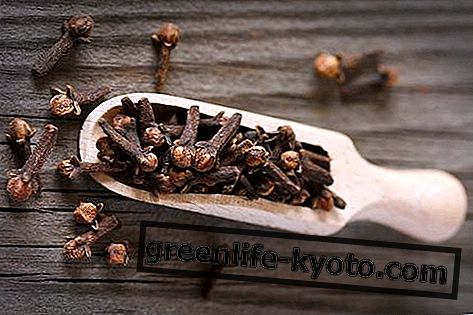
Properties and benefits of the essential oil of Cloves Carnation
Antiseptic, broad spectrum thanks to the high quantity of eugenol that connotes its powerful antimicrobial action. It is used in aromatherapy for air purification of the environments, for fumigations in case of infections of the upper airways.
Antiviral, it has effects against the herpes simplex, measles and poliomyelitis viruses of type 1, as the phytocomplex and eugenol in particular are able to block viral transmission.
Analgesic, used to soothe toothache in case of caries. Better if diluted in order not to irritate the mucous membranes, with a small wad of cotton soaked it exerts an effective localized anesthetic action.
Antispasmodic smooth muscle, indicated in case of abdominal pain (meteorism, intestinal cramps), muscle spasms. Diluted in a carrier oil, the essential oil of cloves, massaged on the abdomen or on the muscle band to be treated, infuses a beneficial pain-relieving heat.
Tonic, it exerts a stimulating action through its strong, intense and spicy aroma. Contrasts mental fatigue, drowsiness, difficulty concentrating. It is invigorating, warms, instills a pleasant sensation of well-being and energy
The essential oil of cloves among the natural remedies against gingivitis

Description of the plant
The cloves are obtained from an evergreen tree that can reach a height of 15 meters. It has a smooth trunk and its leaves are oval arranged in pairs. The flowers are small, with a peduncle and an elongated calyx whose color changes from light green, to pink, to red, with four lobes on which four white petals form.
Its fruits are seeds rich in seeds. The parts used for the extraction of the essential oil are the flower buds collected when their glass becomes red. Even the leaves and stems compete in the extraction.
Part used
Flowers, leaves, stems
Extraction method
Water and steam current distillation
Note
Middle note: warm, spicy fragrance
Use and practical advice on the essential oil of cloves
Environmental diffusion : 5 drops of essential oil in a special burner to disinfect the environment in which you stay in case of early flu viruses.
Lotion for rinses: 3 drops dissolved in a teaspoon of apple vinegar to be poured into a glass of water, for rinses with disinfectant and healing action on the gums.
Massage solution : 1-2 drops of essential oil in a tablespoon of vegetable oil to be massaged on the stomach in case of intestinal spasms, or on painful muscles. Explains a pleasant warmth that goes deep into dissolving tensions.
Contraindications of clove oil
The high component of phenols in the essential oil of cloves can cause an irritating effect on skin and mucous membranes at low doses and hepatotoxicity at higher dosages. Use in dermatitis, gastric and intestinal inflammation is not recommended. To be avoided during pregnancy and lactation.
Background
Eugenia Caryophyllata is native to the Moluccan islands, in the Indian Ocean, and cultivated extensively in Madagascar. It owes its name, cloves, to the shape of the buds once dried in the sun. First the Portuguese and later the Dutch had control of these islands, famous for their spice production, and their monopoly was disputed. Towards the end of the 1700s some Eugenia plants were planted in Zanzibar, in the Antilles and in Mauritius.
Cloves were a widespread remedy in the East for their digestive, tonic, anti-inflammatory antiseptic virtues . In China it was customary to chew a little to disinfect the oral cavity and purify the breath. In the IV-V century they also arrived in the West, in the presence of the Pope and the rite of the blessing of cloves was introduced on June 24 in conjunction with the summer solstice and the day of Saint John the Baptist, then distributed to the faithful in white sachets to promote physical and spiritual health.

